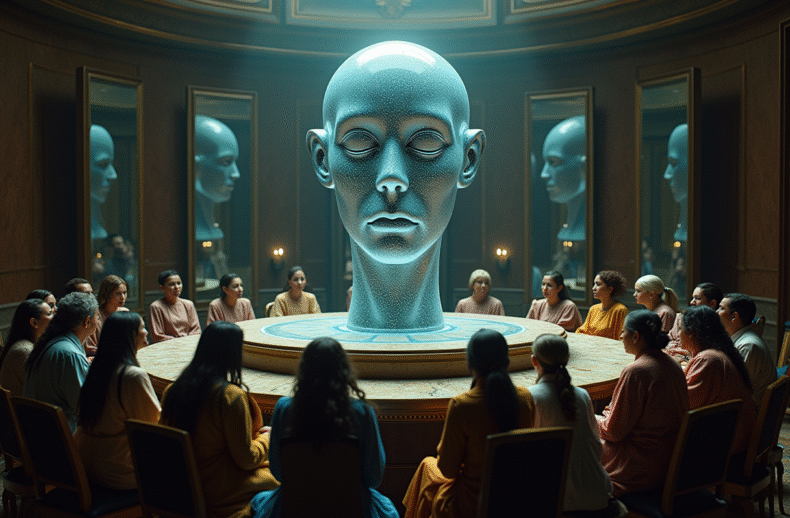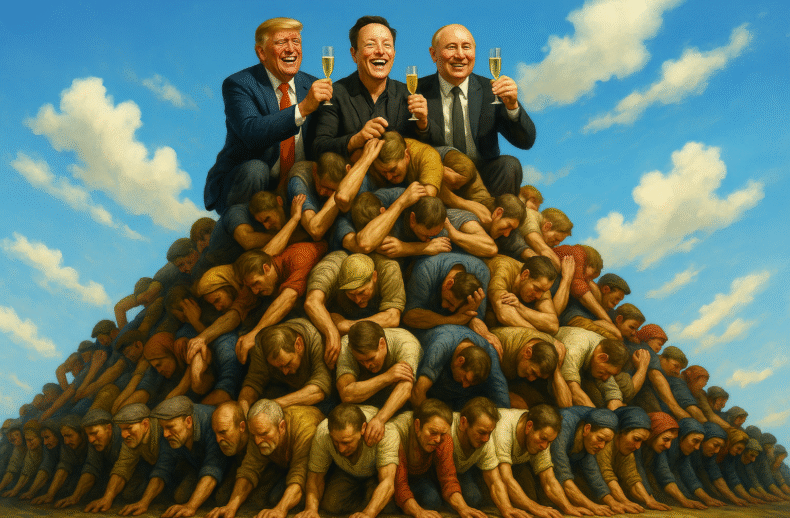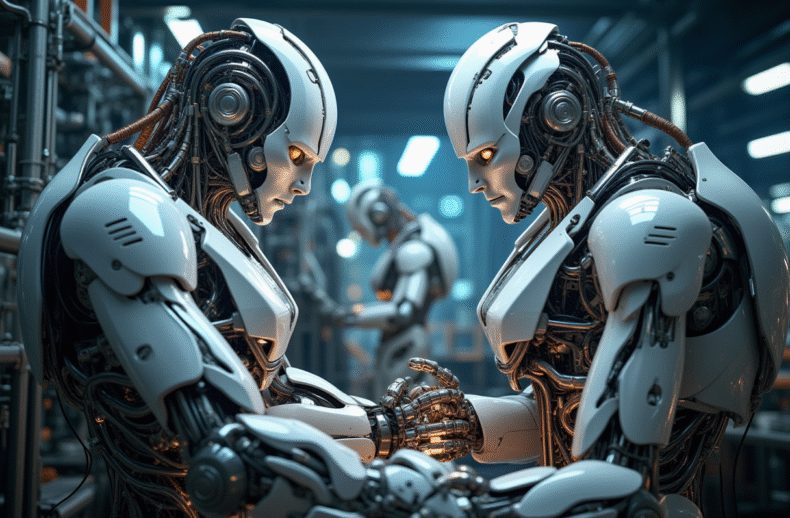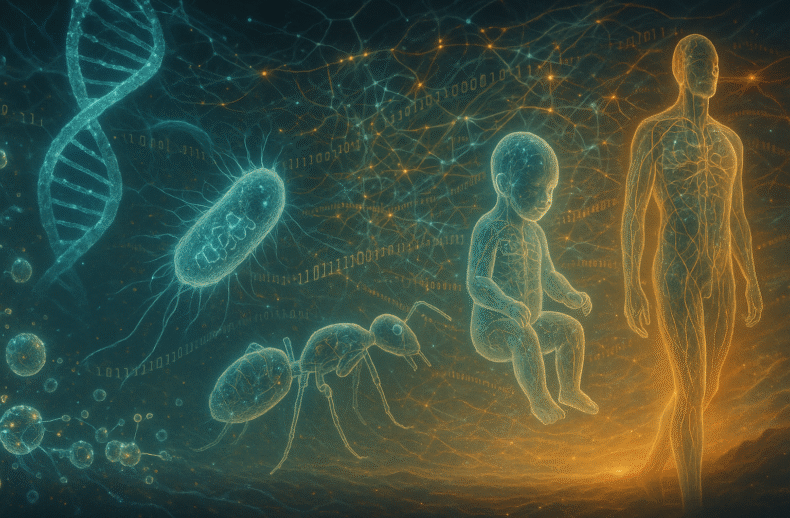The essay critiques the myth of “God-like” AGI promoted by tech oligarchs, arguing that claims of objective, cosmopolitan AI serve to mask the cultural, economic, and political interests embedded in its design. Drawing on neuroscience and the recognition loop, it shows that each culture is defined by unique neural patterns, making genuine universal objectivity impossible for any AGI. The essay calls for radical pluralism, transparency, and democratic oversight, proposing a system of multiple, culturally rooted intelligences instead of a single, dominant authority. Only by exposing biases and enabling contestation can AGI serve humanity rather than deepen existing hierarchies of power.












